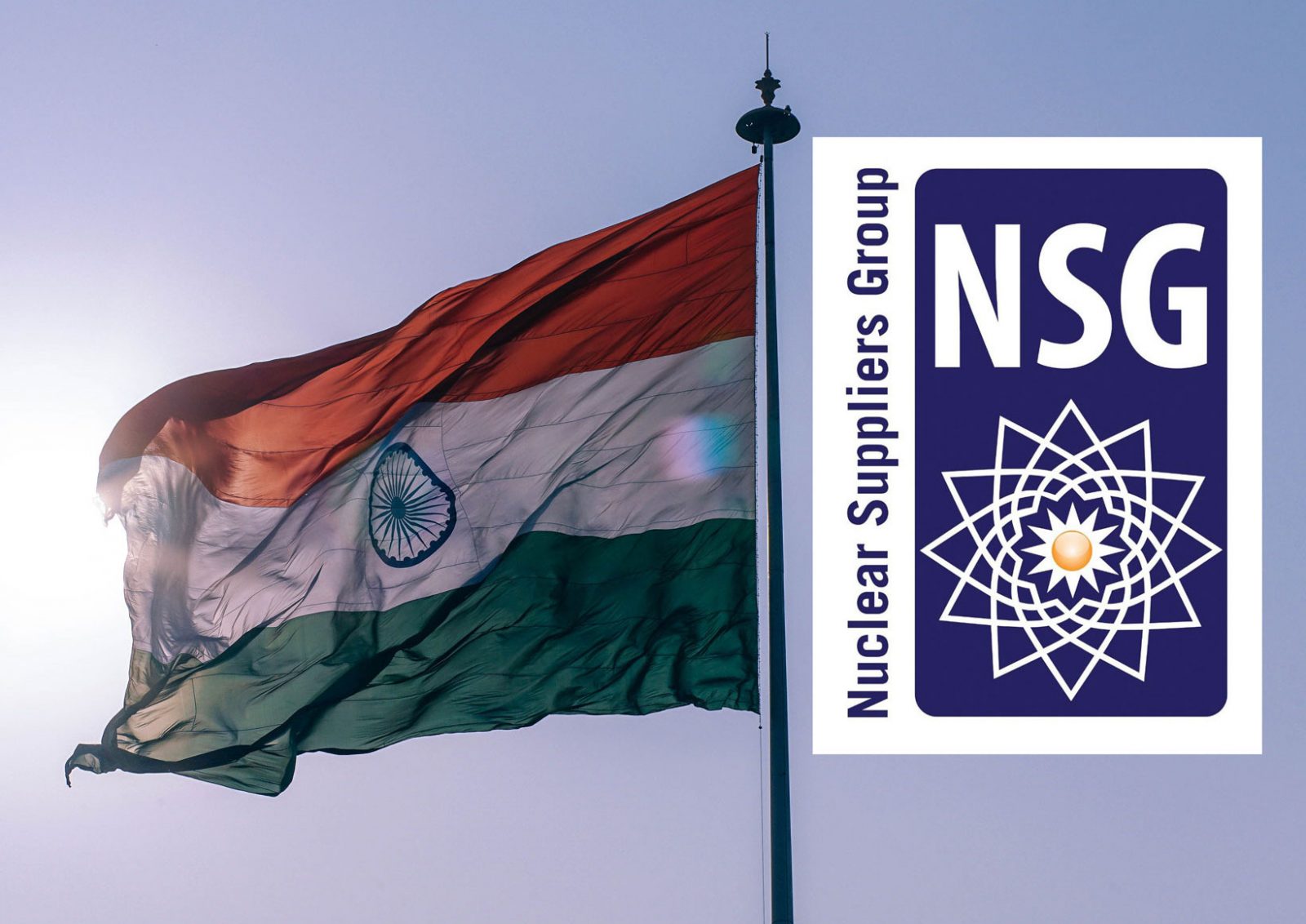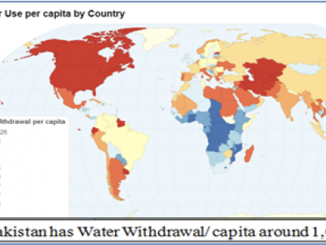
India has a history of diverting dual-use items for military purposes. In 1974 India diverted the Canadian supplied ‘CIRUS’ reactor for producing plutonium for its nuclear weapons test, which was contrary to the understanding that civil nuclear technology will not be used for military purposes. As a result of this misuse of civilian nuclear technology, the U.S., along with some other states, decided to regulate civil nuclear trade by instituting Nuclear Suppliers Group (NSG). Ironically, the same group granted a waiver to India in 2008 that helped New Delhi to conclude nuclear cooperation agreements with several NSG member states. On 13th May 2016, India applied for the membership of the NSG, which ironically was the same date on which it conducted nuclear tests in 1998.
U.S. has been the staunch advocate of granting NSG waiver and the membership to India for its own economic and political interests. While India is benefitting from this exemption and has been able to conclude civil nuclear cooperation agreements with over 16 countries, the U.S. has not been able to reap any commercial dividends from it. On the other hand, the commitments made by India in 2008 have not been fulfilled which include; identifying and separating civil and military nuclear facilities in a phased manner and work with the U.S. for the conclusion of Fissile Material Cut off Treaty (FMCT). On the other hand, technically Pakistan’s civilian and military program were already separate, and the only procedural process was required to notify that to the International Atomic Energy Agency (IAEA).
Indian policies and their actions are contradictory to each other. India is modernizing its military muscle at a very rapid pace, which suggests that it will not be interested in any arms control initiative in the near future. Moreover, advocates of Indian NSG membership should consider India’s proliferation record instead of blindly supporting India’s bid for NSG. The most significant example of India’s proliferation activity is the 1974 nuclear explosions for which India diverted nuclear fuel from Canadian reactors supplied for peaceful purposes, to conduct a nuclear test which resulted in the formation of NSG. India was the first country to divert peaceful nuclear technology for military use. Moreover, there is evidence that India has been involved in proliferating weapons of mass destruction (WMD) to Iran. Indian Scientist Dr Prasad and former Chairman of Nuclear Power Corporation of India Limited, Dr Surendar, were sanctioned in 2004 by the U.S. for facilitating Iran’s WMD and missile program. They passed information to Iran on tritium extraction from heavy water reactors. In the chemical area, there is one confirmed transfer of 60 tons of thionyl chloride, a chemical that can be used in the production of mustard gas, from India to Iran in March 1989. In its 2016 rankings, the Nuclear Threat Initiative actually ranked India 21st out of 24 countries measured on the security of its nuclear material from theft.
Contrary to India, Pakistan never defied the non-proliferation regime. In fact, it supported the Non-Proliferation Treaty (NPT) objectives. It did not sign the treaty because India refused to do so and kept pursuing its nuclear-weapon program. Since the negotiations for the NPT in 1968, every single non-proliferation initiative in the South Asian region came from Pakistan and has been refused by India.
India’s NSG membership will have a risk of negatively impacting global nuclear security. The waiver as well as effort for India’s NSG membership exclusively is in violation of all standing norms relating to nuclear proliferation. U.S. is supporting India’s bid by arguing that India’s nuclear record and commitment to non-proliferation norms qualified it as a ‘like-minded country’ to join other NSG member nations. However, this is not the case, and the U.S. failed to define “like-minded country”. The U.S. is just supporting India for geopolitical and geo-economic reasons. The U.S. sees India as a counterweight to China in the region. Because of these developments, Pakistan’s concern is that India’s NSG membership could improve its access to nuclear technologies, which could have an impact on its nuclear weapons program capability. India is already modernizing its military muscle, and such membership will further help India to build its offensive weapons, intensifying arms race, and strategic instability in the region.
The international community is divided when it comes to Indian membership. While France, the United Kingdom, Switzerland, and Mexico, are supporting India, China, New Zealand, and South Africa are opposing Indian membership. According to them, NSG 48 members are signatories of the Non-Proliferation Treaty (NPT), whereas India is not a signatory of the NPT. Membership of the NPT is a prerequisite to gain membership of the NSG. The NSG was meant to prevent in future what India had done. India’s NSG membership will damage the global non-proliferation regime and exacerbate the nuclear tensions in South Asia and potentially contributes to a nuclear arms race in Asia. Creating a country-specific exception for NSG membership would adversely impact international non-proliferation efforts besides highlighting volatility in South Asia and fueling an arms race. This will have the potential to term the NSG as irrelevant to the detriments of non-proliferation norms. NSG should consider membership for non-NPT states based on non-discriminatory and objective criteria, and political expediency or commercial interests should not override non-proliferation objectives. Only criteria-based approaches based on equality and non-discrimination. The NSG members should not make an exception to rules for one state.
![]()




Full Indian NSG membership remains out of the question, at least for now. India is not likely to sign the NPT, now or ever, barring some radical change in domestic policy. The only way India will acquire full NSG membership is if certain NSG members with hard-line positions on the NPT change their views. A
Creating a country-specific exception for NSG membership would adversely impact international non-proliferation efforts besides highlighting volatility in South Asia and fuelling an arms race. This will have the potential to term the NSG as irrelevant to the detriments of non-proliferation norms. NSG should consider membership for non-NPT states based on non-discriminatory and objective criteria, and political expediency or commercial interests should not override non-proliferation objectives. Only criteria-based approaches based on equality and non-discrimination. The NSG members should not make an exception to rules for one state.
India’s current nuclear posture does not seem to indicate in the slightest that it wishes for global nuclear disarmament. On the one hand, it aims to be a part of prestigious nuclear club, whereas on the other, it has been engaged in building a top-secret nuclear facility in Karnataka — believed to reach completion by 2017 — to produce thermonuclear weapons. This secret facility is going to be the subcontinent’s largest military-run complex of nuclear centrifuges.